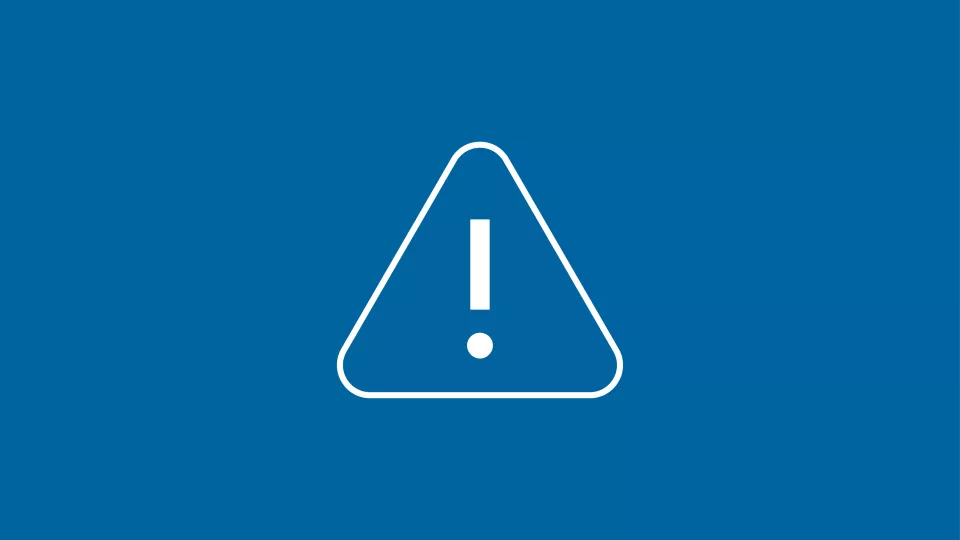The heart has four valves that help control blood flow. Structural defects or disease can make it harder for the valves to work properly. Sometimes, children need surgery to fix these heart valve problems.
Our Heart Valve Program is one of the best in the country. At Children’s Hospital Los Angeles, we use the latest techniques and treatments to give your child the best possible quality of life. Many children with heart valve problems live full, healthy lives.
Heart Valve Program: Why Choose Us
At CHLA, your child receives exceptional care. U.S. News & World Report ranks us among the best in the country for cardiology and heart surgery care. The same report lists CHLA as one of the top 10 children’s hospitals in the nation. The Heart Valve Program offers:
- Excellent outcomes: Whenever possible, we repair your child’s valve instead of replacing it. Repair allows the valve to grow with your child. This procedure also reduces the risk of complications and eliminates the need for blood thinners. Our surgeons pioneered several valve procedures. You can feel confident your child is getting the most advanced treatment at Children's Hospital Los Angeles.
- World-renowned experts: We have one of the most experienced valve repair teams in the country. Their expertise translates into excellent outcomes for our patients. Vaughn Starnes, MD, co-director of the Heart Institute, is a global expert in pediatric heart valve surgery. He developed the Starnes procedure to correct Ebstein’s anomaly. Dr. Starnes is also known nationwide as one of the best pediatric heart surgeons for mitral valve repairs as well as the Ross procedure for aortic valve replacements.
- Child-focused care: CHLA is a pediatric hospital, meaning we specialize in treating children. Dr. Starnes pioneered adapting the Ross procedure—which replaces the aortic valve—for children. We also create a welcoming and comforting environment for you and your child.
Heart Conditions We Treat
We provide comprehensive care to children with congenital and other heart valve problems. These conditions include, but are not limited to:
- Aortic valve stenosis and regurgitation
- Ebstein anomaly
- Pulmonary valve stenosis and regurgitation
- Tricuspid stenosis and regurgitation
Heart Valve Treatments
The goal of our Heart Valve Program is to help your child’s heart perform as close to full function as possible. Treatments include medication, repair and replacement.
Medication
While medication cannot cure a valve problem, it may help treat the symptoms. For some mild cases of valve disease, medication management may be enough. Medication can also help slow down progressive valve disease.
Medication options for valve disease include but are not limited to:
- Anti-arrhythmics, which can help the heart pump at a normal rhythm
- Beta-blockers, which can help the heart beat slower and reduce palpitations
- Blood thinners, which reduce the risk of blood clots and stroke
- Diuretics, which remove excess fluid to lessen stress on the heart
- Vasodilators, such as ACE inhibitors or angiotensin II receptor blockers (ARBs), which can help reduce high blood pressure and slow heart failure
Heart Valve Program at Children’s Hospital Los Angeles
We consider your child’s long-term prognosis and quality of life to help pick the best treatment plan. Your child also benefits from our experienced surgeons, advanced technology and personalized care.
Heart valve procedures we perform
Valve problems may be serious and can worsen over time. Often, repairing or replacing the valve is the best option for long-term health. Whenever possible, our surgeons use minimally invasive procedures to repair the valve. Methods for valve repair or heart valve replacement include:
- Catheterization: In this minimally invasive approach, the surgeon threads a catheter (flexible tube) through your child’s artery and up to the heart. Surgeons can perform repairs or replacements using catheterization. For a repair, the surgeon inflates a balloon attached to the catheter to open the valve. For a transcatheter valve replacement, the surgeon uses the catheter to deliver and position a new valve.
- Open-heart surgery: In severe or complex cases, open-heart surgery may be necessary. This approach allows the surgeon to see the full anatomy of your child’s heart. At Children's Hospital Los Angeles, we only use open-heart valve surgery when less invasive options won’t be effective.
Heart valve procedures we perform include:
- Aortic valve repair
- Balloon valvuloplasty
- Mitral valve repair
- Mitral valve replacement
- Ozaki procedure
- Ross procedure to treat damaged aortic valves
- Starnes procedure to treat Ebstein's anomaly
Types of heart valve replacements
There are several types of replacement valves, each with different benefits. These options include:
- Autograft: A healthy valve from elsewhere in your child’s body replaces the diseased or damaged valve. The Ross procedure uses your child’s healthy pulmonary valve to replace the diseased aortic valve. A donor valve then replaces the pulmonary valve. Autografts grow with your child, do not require anti-clotting medication and usually don’t need replacement.
- Donor valve: A valve from a human donor heart replaces your child’s valve. Donor valves don’t require long-term anti-clotting medication but often wear out after 10 to 20 years.
- Mechanical valve: This valve is made from synthetic material. These valves last the longest—most work your child’s entire life—but your child will always need to take anti-clotting medication.
- Tissue valve: A bovine (cow) or porcine (pig) valve replaces your child’s malformed or diseased valve. Tissue valves don’t require taking anti-clotting medication for life, but they do to tend to wear out after 10 to 20 years and need replacement.
